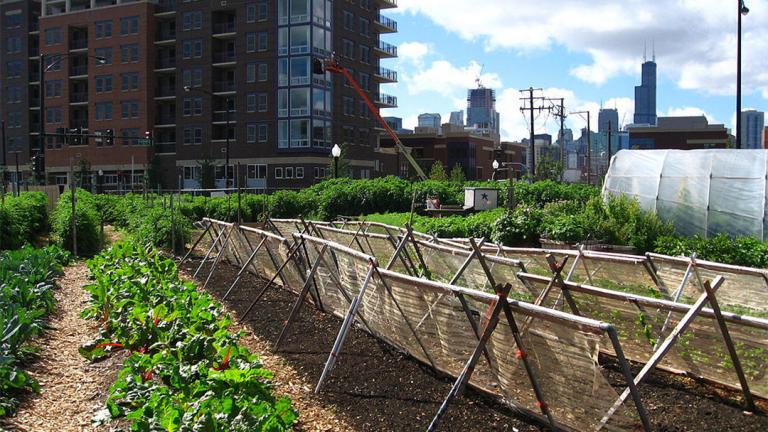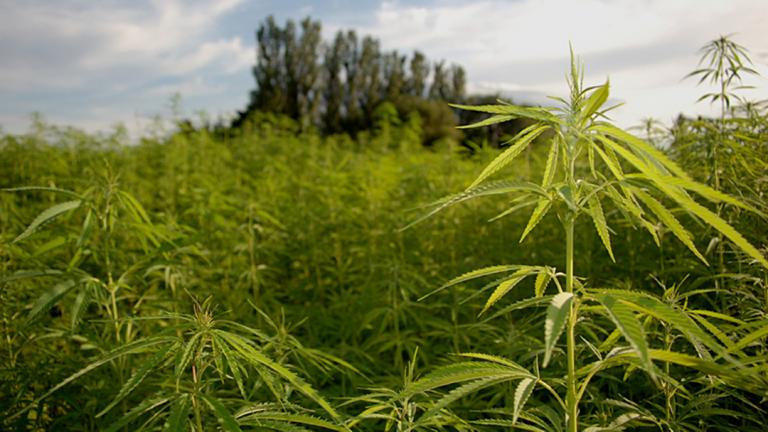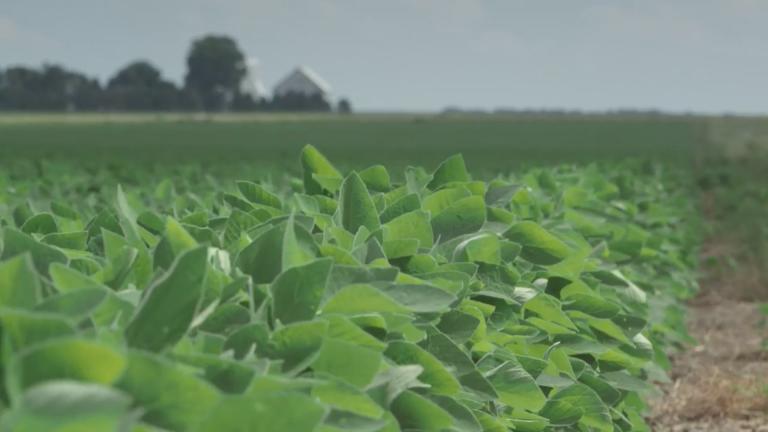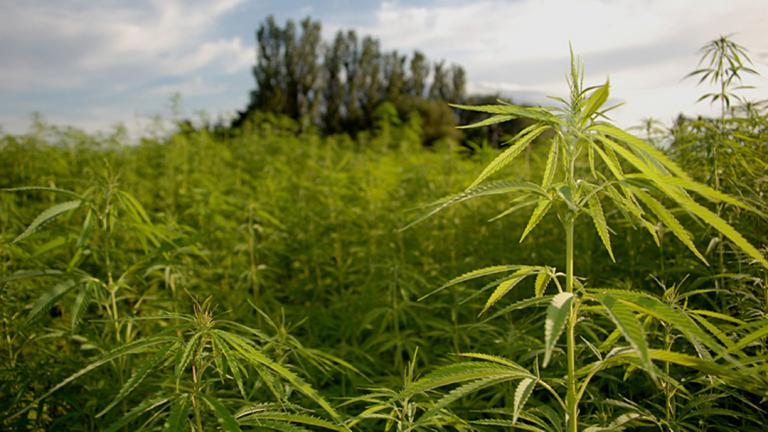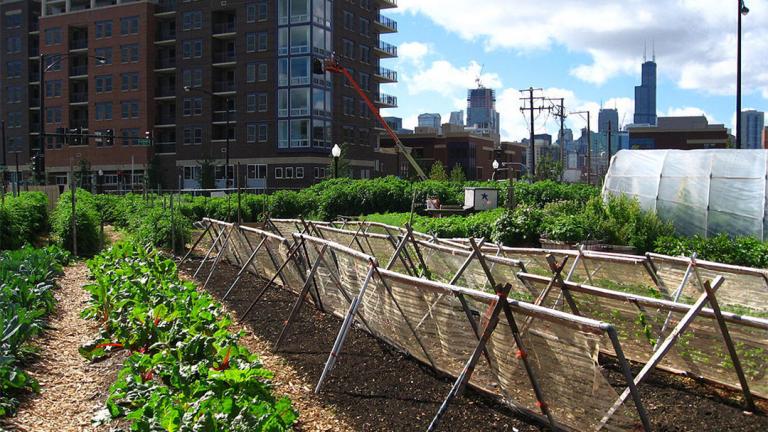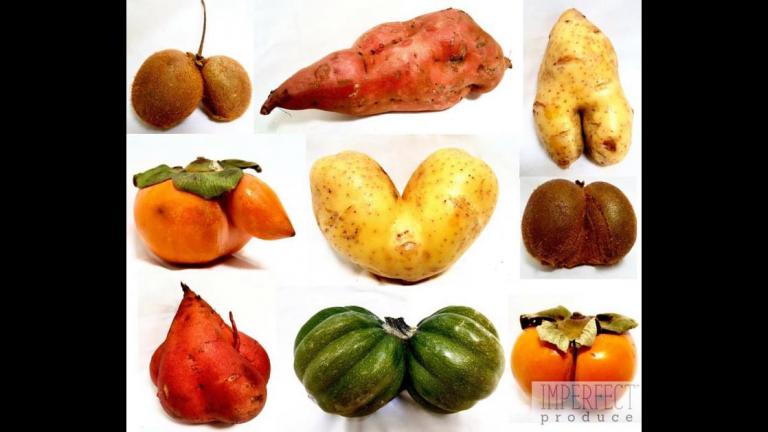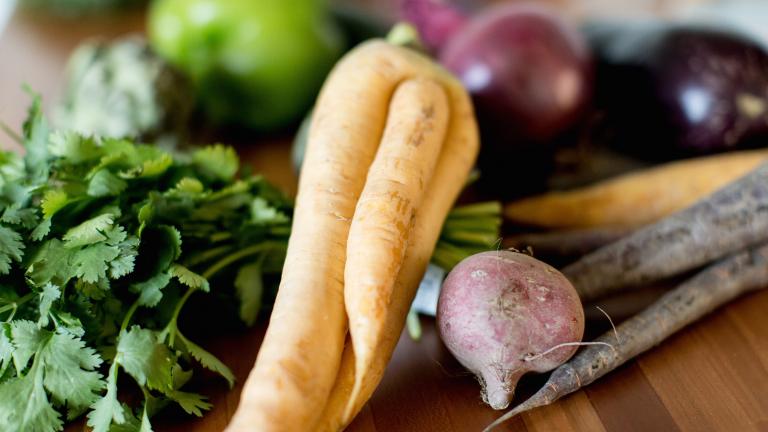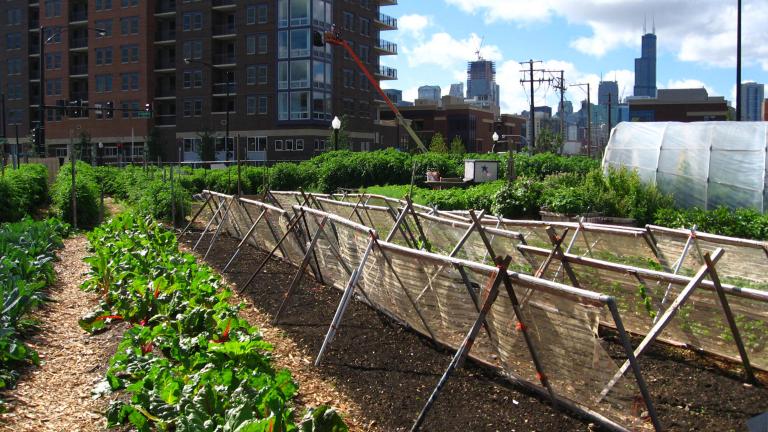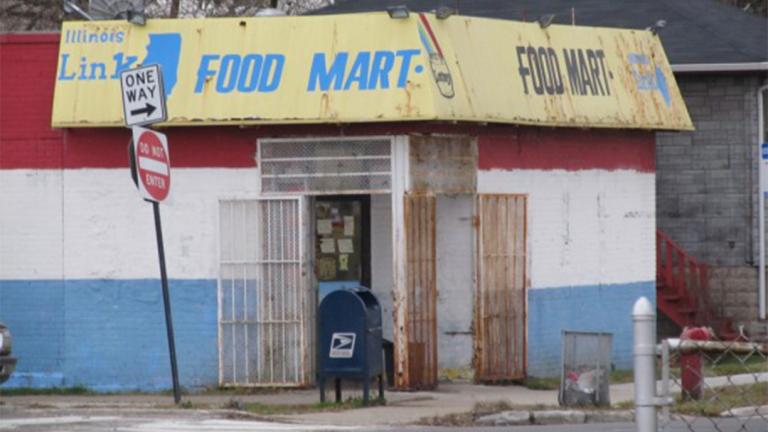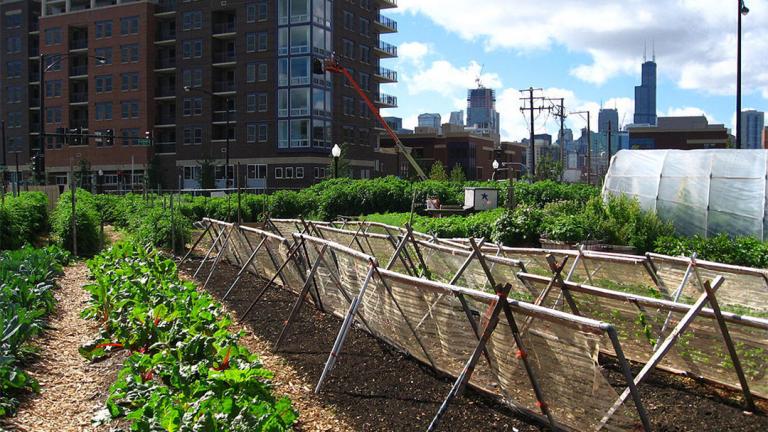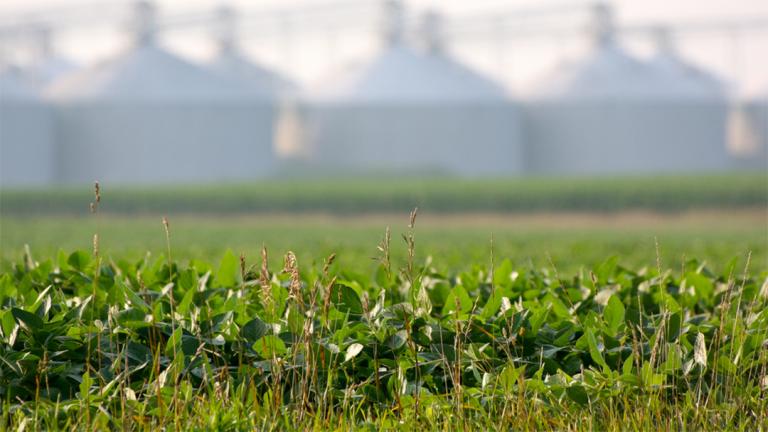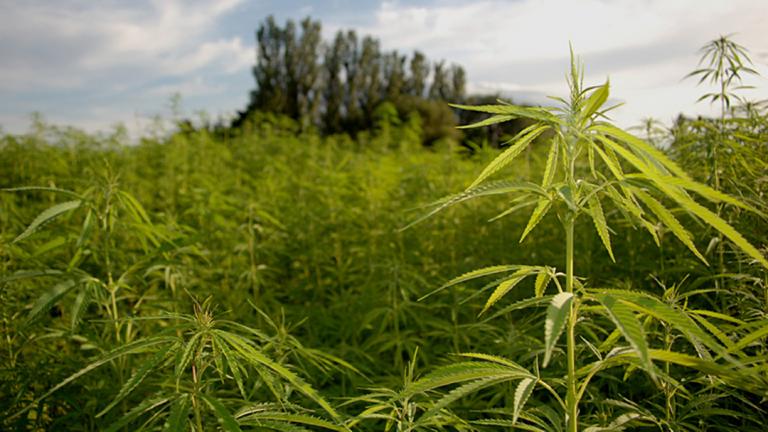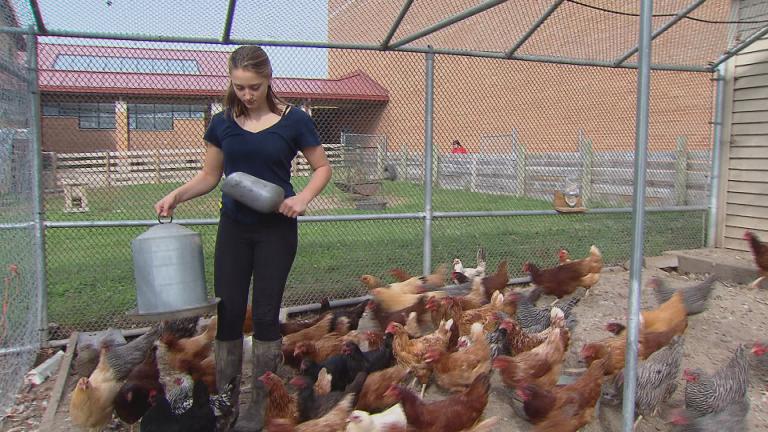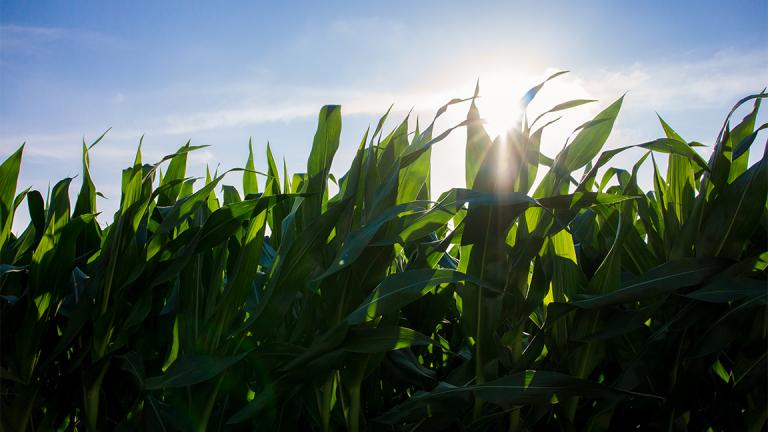A new 20,000-square-foot urban agriculture facility aims to expand job training programs and healthy food options in one of Chicago’s most troubled neighborhoods.
Agriculture
Legislation that could help break up food deserts in Chicago and other cities across the state passed the Illinois Senate last week and now awaits the signature of Gov. Bruce Rauner.
The state is one step closer to legalizing the production of industrial hemp after a 106-3 vote in the Illinois House this week.
Illinois farmers are hoping for progress in Washington, where the U.S. and China have begun a second round of trade talks.
Agriculture advocates say industrial hemp would offer Illinois farmers an additional crop – one with a lucrative future.
A bill aimed at breaking up food deserts in Chicago and other cities across the state by establishing “urban agriculture zones” moved forward last week in Springfield.
How feasible is raising livestock in the city? An urban agriculture advocate weighs in.
Roughly 20 percent of the produce grown in this country is never eaten, and a lot of it never even makes it off the farm because it doesn’t look right. Now, Chicagoans can buy that perfectly good but unattractive produce.
Fruits and vegetables come in all shapes and sizes, but only those that meet strict cosmetic requirements end up in grocery stores, while “ugly” produce goes to waste. Imperfect, a new produce delivery service, hopes to change that.
Chicago could become the first U.S. city outside of California to adopt a policy requiring it to purchase food from sources that meet a set of health, environmental and fair labor standards.
Research shows that hundreds of thousands of Chicagoans live in food deserts. According to a 2006 report, most of those in Chicago were made up entirely of African-American residents.
“The whole idea is to use our vacant land as a way to adjust the issue of food access by encouraging urban farms and community gardens in certain areas,” said state Rep. Sonya Harper.
Advocates for Illinois’ agriculture industry anticipate new export opportunities if the U.S. relaxes trade barriers with Cuba.
At least 16 states have legalized industrial hemp production for commercial purposes. Could Illinois be next?
You’re probably aware that Chicago has high schools specializing in math and science as well as the arts, but did you know that Chicago’s big urban school system has an agricultural high school?
A new bacterial disease infecting corn crops has been confirmed in Illinois, but researchers know very little about the disease or what impact it could have on the agricultural industry.


